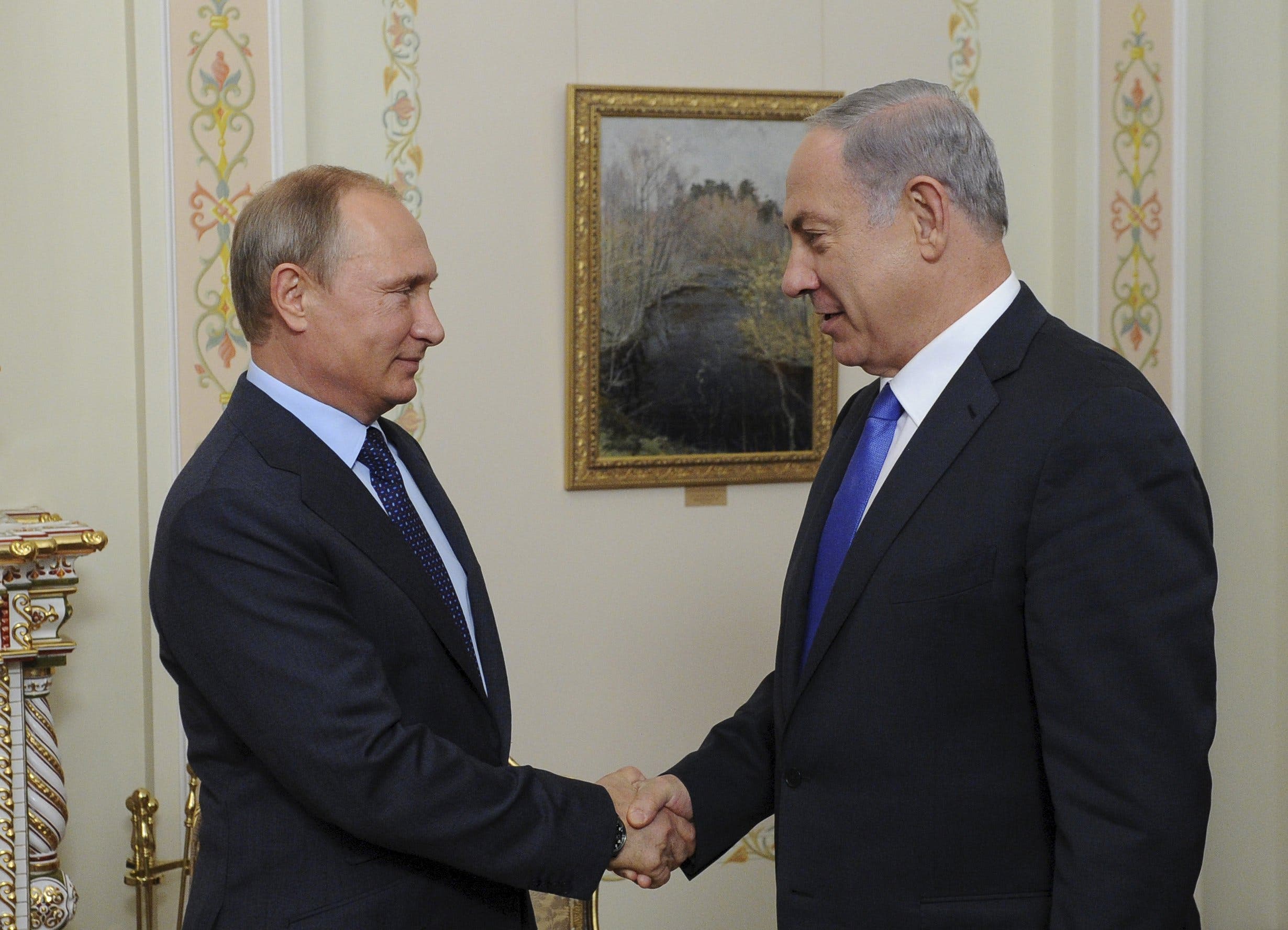Did the Russians just ‘invade’ Syria?
“No,” Assad-loyalists would rush to say when asked if the current Russian military build-up in Syria can be considered an “invasion” or indeed, a new foreign “occupation,” of Arab lands.
One valid question would have been what the Hezbollah leader (supposedly an arch-enemy of Israel) thinks of a recent statement by PM Benjamin Netanyahu, in which he said “Russia will coordinate Syria military actions with Israel”
Faisal J. Abbas
Why would Russia leave?
Russian President Vladimir Putin tested his American counterpart one more time in Crimea, but the U.S. Commander-in-Chief blinked yet again and Crimea has since been absorbed by Russia
Faisal J. Abbas
____________
Faisal J. Abbas is the Editor-in-Chief of Al Arabiya English, he is a renowned blogger and an award-winning journalist. Faisal covered the Middle East extensively working for Future Television of Lebanon and both Al-Hayat and Asharq Al-Awsat pan-Arab dailies. He blogs for The Huffington Post since 2008, and is a recipient of many media awards and a member of the British Society of Authors, National Union of Journalists, the John Adams Society as well as an associate member of the Cambridge Union Society. He can be reached on @FaisalJAbbas on Twitter.


